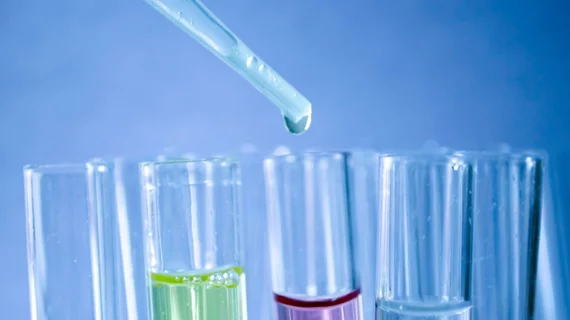Johnson & Johnson rushed baby powder testing after asbestos scare
Pharmaceutical, medical device and consumer goods company Johnson & Johnson rushed the testing of its baby powder after the FDA found asbestos in the product, according to the Wall Street Journal.
After J&J issued a voluntary recall, the company conducted an independent test of its talcum powder product and declared there was no asbestos 11 days after the recall. However, the fast turnaround of the testing complicated the results, the WSJ reported, and the lab hired by J&J “deviated from its normal process” to meet the sped-up timetable of the company.
The lab added a testing room that is normally used for gunshot residue analysis in criminal investigations. The lab actually found asbestos in the baby powder in its first test, but cited contamination from an air-conditioning unit and subsequently found no asbestos in repeated tests conducted in the lab’s normal testing room.
The WSJ cited letters between the testing company and J&J. Another lab hired by J&J also found no asbestos in the product.
J&J is facing an onslaught of lawsuits over product safety and marketing stemming from its baby powder. It was ordered to pay $417 million in damages to a California woman in 2017 whose cancer was linked to the company’s baby powder.
The company also was recently ordered to pay billions to settle other drug cases. It was ordered to pay $8 billion to a man in Maryland after J&J was found to not have sufficiently warned users about the effects of a drug. More recently, the company was ordered to pay $572 million to Oklahoma for its role in the opioid crisis as the maker of several opioid medications.
See the full story below:

